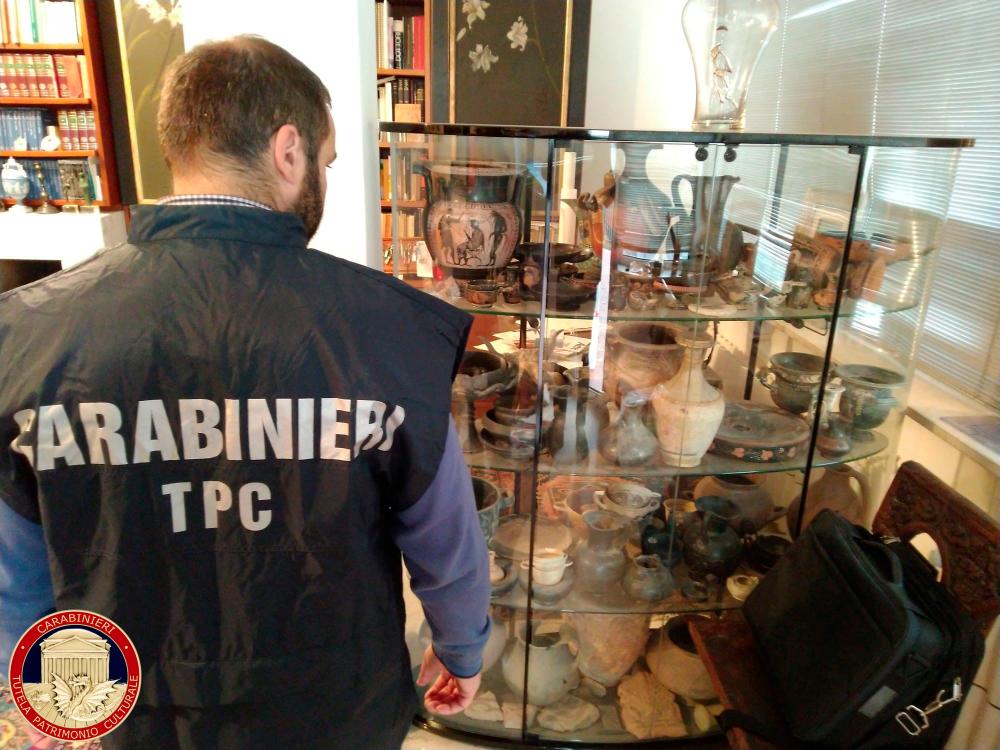THE HAGUE: European police have busted an international crime gang involved in trafficking tens of thousands of Greek archaeological artefacts looted from illegal excavations in Italy, law enforcement agencies said Monday.
Police from Italy, Britain, France, Germany and Serbia arrested 23 suspects and carried out 103 searches in the investigation that started in 2017, the EU police agency Europol and Eurojust said.
The gang used bulldozers and metal detectors to loot objects as old as 400 BC from the Calabria region — the “toe” of Italy — before selling them across Europe.
“Illegal excavations were managed by a well-structured organised crime group ... led by two Calabrians” living in the southern province of Crotone, the agencies said in a combined statement.
In Calabria “the cultural heritage includes important traces from the Greek and Roman period”, Europol said.
Italian media said two Calabrian men aged 59 and 30 were arrested.
The gang also included “fences, intermediaries and mules operating out of different Italian regions” with the looted artefacts then going through contacts in Dijon, Munich, London and Vrsac in northeastern Serbia.
Some of the stolen objects is said to date as far back as the fourth and third centuries B.C. and include five terracotta vases and oil lamps, plates depicting animal scenes, brooches and various jewels, Italian media reports said.
The looters used bulldozers to dig craters, before sifting through the earth and passing it through metal detectors, the reports added, quoting police sources.
“The looting carried out over the course of several years caused considerable damage to Italian cultural heritage,“ Europol and Eurojust added.
Coordination between the two agencies enabled “arrests, searches and seizures immediately and simultaneously in the five countries,“ they added.
Italian and Swiss police in 2016 recovered a haul of archaeological artefacts stolen from Italy and stored by a notorious British antiquities dealer.
The haul, worth nine million euros (RM41.63 million), was discovered in 2014 in a storage unit at the Geneva Freeport rented by Britain’s disgraced Robin Symes, a giant in the illegal antiquities trade with ties to Italian tomb raiders.
At the time it was regarded as one of the most important recoveries of the last few decades. — AFP















